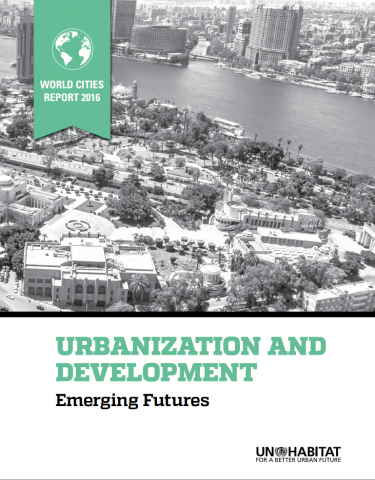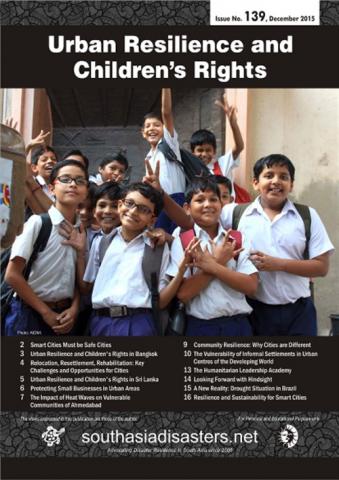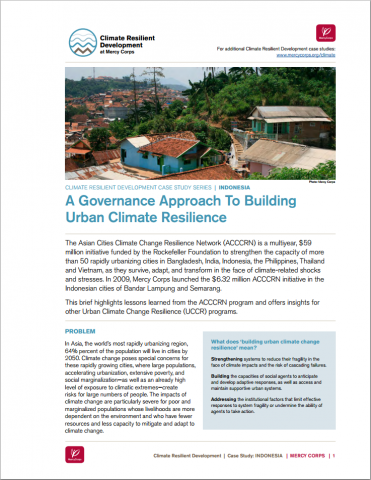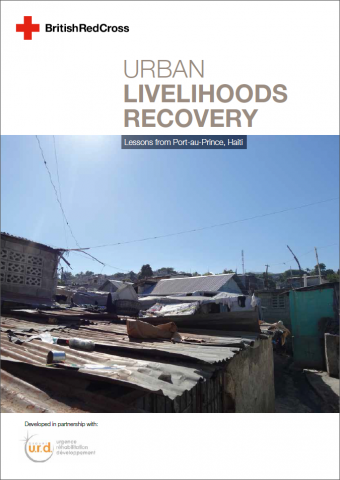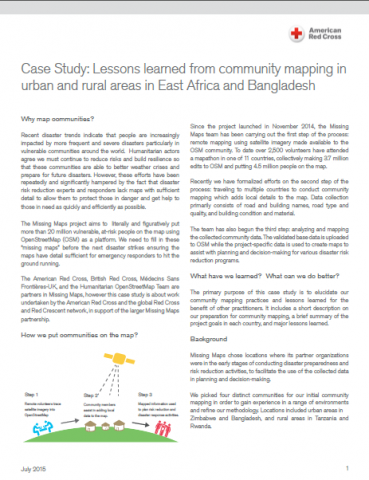Humanitarian Action in Urban Context
A humanitarian response in an urban context must not only meet the immediate needs of affected populations, but also foster recovery and sustainable development in the aftermath of a crisis so that people and the city are safe, healthy, educated, economically empowered and able to cope with future shocks and stresses. This should include new […]
Humanitarian Action in Urban Context Read More »

